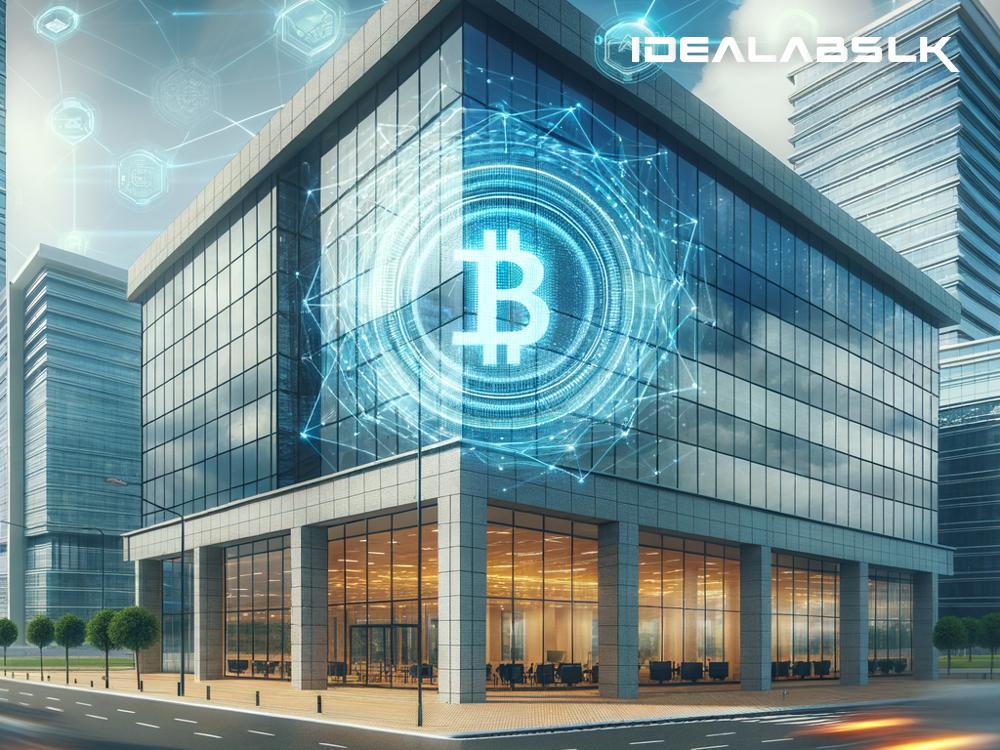Blockchain for Real Estate: Simplifying Tokenized Assets in Commercial Properties
In recent years, blockchain technology has started to revolutionize various industries, and real estate, particularly in the commercial sector, is no exception. This might sound complex, but let’s break it down into simpler terms to understand how blockchain and tokenized assets are changing the game in commercial real estate.
So, What Is Blockchain?
Imagine a digital ledger that keeps records of transactions or agreements, which is shared and accessible by multiple parties but is almost impossible to tamper with. That's blockchain. It’s like a shared, secure notebook that everyone trusts but no one owns exclusively.
And Tokenized Assets?
Tokenization in real estate is essentially breaking down the value of a property or real estate asset into digital tokens on the blockchain. Think of it as dividing the property into several shares that can be bought and sold. These tokens represent a real value that can be traded, much like stocks in the stock market, but in this case, it's pieces of real estate.
Impacts on Commercial Properties
The traditional process of buying or selling commercial properties is often lengthy and complicated, involving various parties, hefty paperwork, and significant time investment. This is where blockchain and tokenized assets shine, bringing about a paradigm shift with the promise of simplicity, security, and efficiency.
1. Making Investments Accessible
Commercial real estate has always been seen as a playground for the wealthy and institutional investors. However, tokenization democratizes access to property investments. Since the value of the property is broken down into numerous tokens, people can invest with smaller amounts, making investment opportunities more accessible to a broader audience.
2. Streamlining Transactions
Blockchain simplifies and speeds up transactions by cutting out middlemen like brokers and banks. Since all the information is verified and stored on the blockchain, it reduces paperwork and the need for trust amongst parties. This means buying and selling shares in commercial properties can be as easy and quick as sending an email.
3. Enhancing Transparency and Trust
One of the biggest challenges in real estate transactions is the lack of transparency which often leads to disputes. Blockchain's ledger, by its design, is transparent and immutable. This means every transaction is recorded and can’t be changed once entered. It builds a level of trust and transparency amongst investors, as they can see the entire transaction history of a property.
4. Liquidity Improvement
Real estate is typically considered an illiquid asset because it takes time to transfer ownership. However, tokenization increases liquidity, enabling investors to buy and sell tokens representing real estate assets much faster than traditional property transactions. This liquidity is appealing as it allows investors to more easily convert their investments into cash.
5. Global Reach
Tokenized assets are not confined by borders. They can be sold or bought by anyone worldwide as long as they have an internet connection and comply with local regulations. This opens up the market, increases demand, and potentially drives up property values.
Challenges and Considerations
Despite the promising benefits, there are challenges and considerations. Regulatory and legal frameworks around tokenized assets and blockchain in real estate are still in nascent stages across many countries. Potential investors need to be aware of the legal implications in their jurisdiction.
Moreover, the technology and concept are still relatively new to many, and there’s a learning curve involved. Not everyone is ready to dive into what seems to be the deep end of technology and investments.
The Future Is Here
Blockchain in commercial real estate, particularly through the advent of tokenized assets, is not just a fleeting trend. It’s a sign of evolving times. As technology advances and regulatory frameworks mature, the integration of blockchain in real estate could redefine how we think about property ownership and investment.
In simple terms, imagine a future where buying a piece of a major shopping center or an office building is as straightforward as purchasing a book online. That’s the potential we’re looking at with blockchain technology and tokenized assets in commercial properties.
To sum it up, blockchain and tokenization are making waves in the commercial real estate sector by making investments more accessible, transactions smoother, and global participation feasible. While hurdles exist, the trajectory points towards a future where these technologies become a standard part of real estate transactions. As we watch this space evolve, one thing is clear: the landscape of commercial real estate investment is set for a significant transformation.

